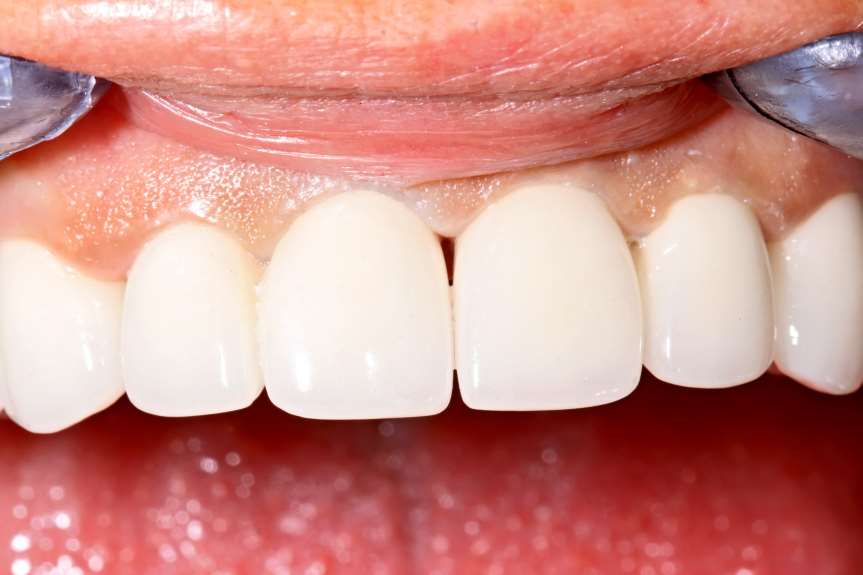
According to the American Dental Association (ADA), there are currently 12 dental specialties that have been recognized. The specialty that focuses on diseases in and around your mouth is called oral pathology.
If you are curious about this discipline the Toledo dentist can help you know everything about oral pathology and the most common diseases that dental experts have to tackle.
What is oral pathology?
Oral pathology is the study, diagnosis, and treatment of diseases affecting the teeth, gums, bones, joints, glands, skin, and muscles around your mouth.
What are the most common oral diseases?
The most common oral pathologies have been discussed below:
- Geographic tongue
- Also known as benign migratory glossitis or erythema migrans, this condition is characterized by missing papillae in different areas of the tongue.
- This results in a map-like appearance of the tongue.
- This condition is usually seen as red, well-defined areas in or around the sides of your tongue.
- Median palatal cysts
- These are developmental in origin and are typically fluid-filled sacs.
- They appear in the middle of the palate and may cause pain and discomfort.
- Hairy tongue
- An overgrowth of fungi or bacteria in the mouth can cause the tongue to become black and hairy.
- This often results due to poor oral hygiene, chronic and extensive use of antibiotics, or radiotherapy.
- Oral cancer
- Any abnormal cell growth can cause adverse effects and changes in the tissues in your mouth.
- Here there may be alteration in the color, form, and texture of the affected tissues.
How are oral pathologies treated?
Treatment for oral pathologies depends on the type of disease and its severity.
Mild forms
- Antibiotics
-
- This will treat bacterial infections and alleviate soreness and discomfort.
- Diluted hydrogen peroxide
-
- This will kill more bacteria than regular mouthwash and also significantly improve bad breath.
Severe forms
- Oral surgery
-
- The affected area may be completely removed to prevent the spread of the infection or cancer to other parts of your oral cavity.
How to prevent oral pathologies?
You can lower your risk of oral pathologies by the following preventive tips:
- Avoid tobacco products
- Limit alcohol intake
- Maintain a healthy weight
- Protect yourself from excessive sun exposure
- Vaccinate yourself
- Visit your dentist regularly for checkups
- Practice good oral hygiene
- Consume a healthy, well-balanced diet
Closure
Regular dental checkups and oral hygiene practices, including brushing, flossing, and avoiding tobacco use are essential for preventing and managing oral diseases. If you experience any changes in your oral health, consult a dentist right away.




